In August 2023, the establishment of military rule in Niger marked a significant shift in the political landscape of the Sahel region. Long considered an essential ally by Western powers, particularly France, the rapid collapse of the French-backed government in Niamey was part of a broader pattern of anti-French sentiment sweeping across West Africa. This coup was the latest in a series of military takeovers in the region, reflecting the growing instability fueled by imperialist interference and local grievances. In a dramatic turn, many of these new regimes have turned towards Russia for support, creating a new front in the ongoing global power struggle between Western imperialism and Russia.
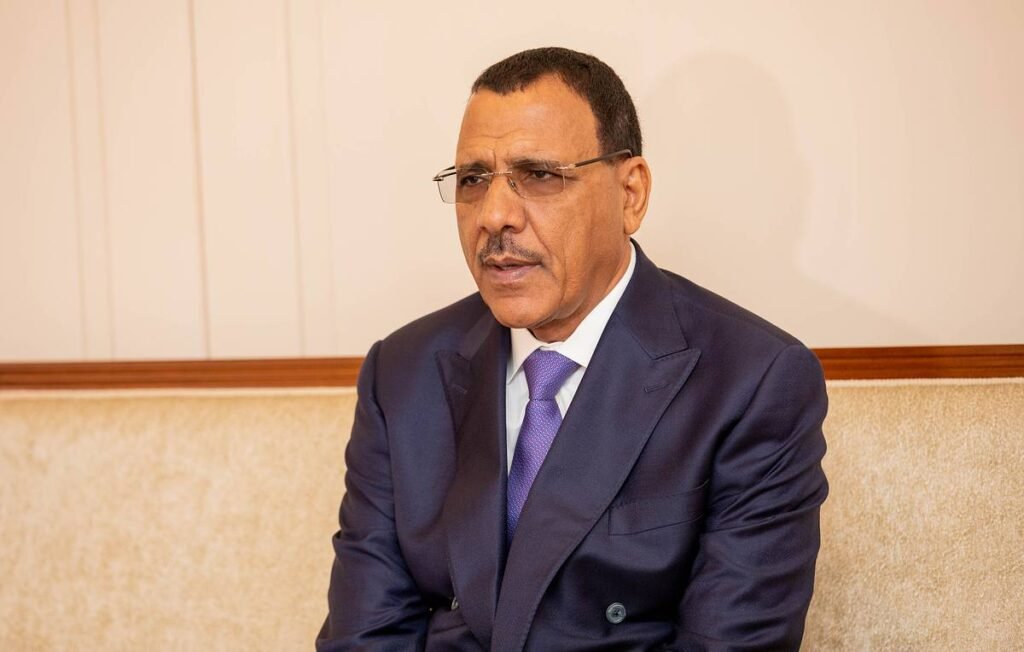
Military Rule and Rising Tensions
The detention of Niger’s president, Mohamed Bazoum, on July 26, 2023, by the country’s military, escalated tensions across West Africa. Niger had been seen as one of the last stable states in the so-called “coup belt” that stretches from Guinea in the west to Sudan in the east. This belt has seen a series of military coups in recent years, with Western-backed governments repeatedly falling under the weight of internal discontent and external pressures. Niger’s military takeover was met with immediate condemnation from Western powers and the Economic Community of West African States (ECOWAS). Led by Nigeria, ECOWAS quickly imposed sanctions and threatened military intervention if Bazoum was not restored to power.
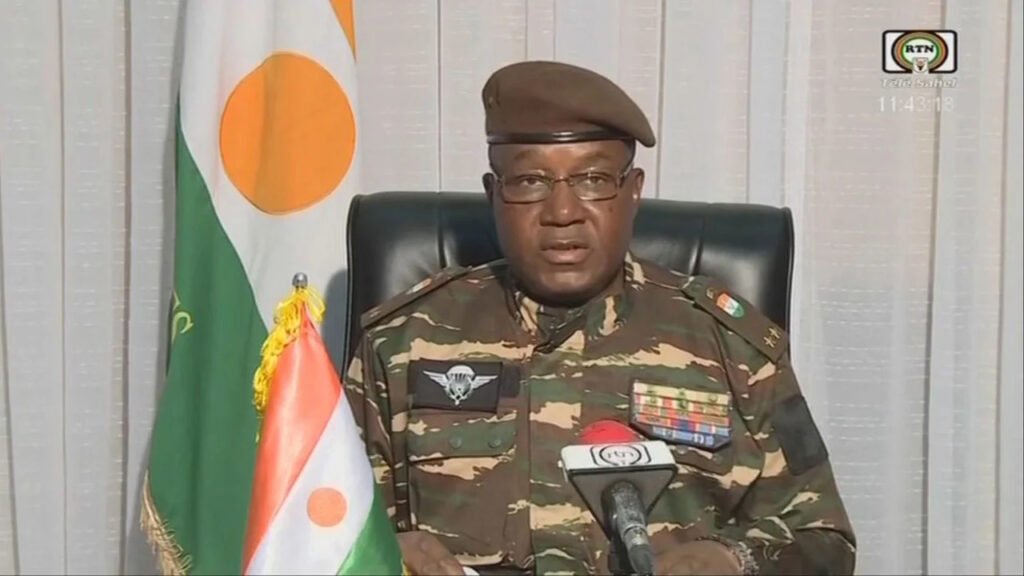
In response, neighboring countries such as Mali and Burkina Faso, which had also experienced recent military takeovers, declared that any military intervention in Niger would be considered an act of war against them as well. These countries, also embroiled in anti-Western sentiment, have moved closer to Russia, creating an emerging bloc of governments opposed to French influence and Western interference in the region.
The Decline of French Influence
France, Niger’s former colonial ruler, stands to lose the most from the recent coup. French interests in Niger run deep, from economic investments, particularly in uranium mining, to military presence, with 1,500 troops stationed in the country.
French President Emmanuel Macron issued stern warnings, stating that any attack on French citizens or interests would be met with immediate and uncompromising action. Despite this fiery rhetoric, France’s immediate response was limited to the cessation of financial aid and the evacuation of European nationals from Niger. Military intervention, at least for now, was off the table.
This shift in power represents a blow to French imperialism, which has long relied on its economic and military grip over Niger. France’s dependence on Niger for uranium—a critical component for its nuclear energy program—makes the political instability in the region particularly worrisome for European energy security. Moreover, the coup puts the EU-backed project for a gas pipeline connecting Nigeria to Algeria at risk, threatening Europe’s broader energy strategy.
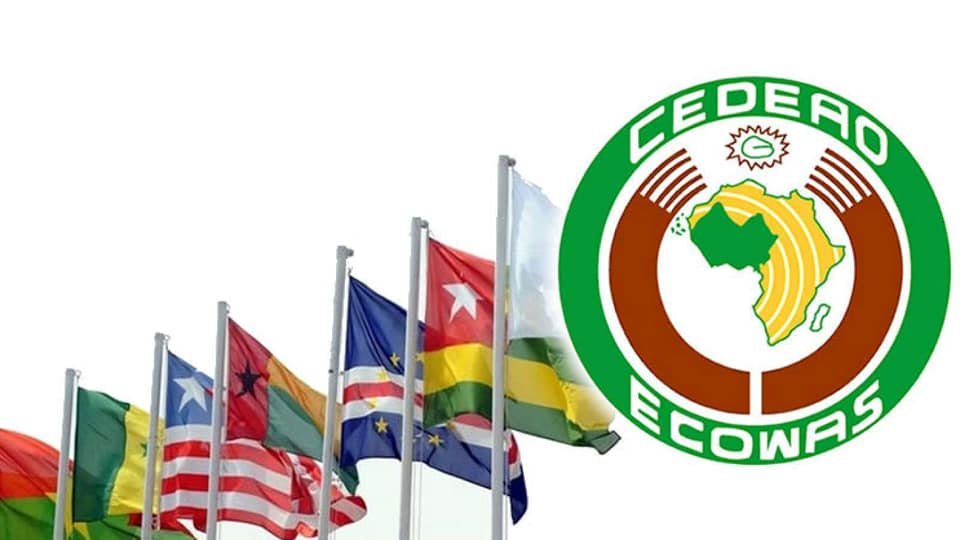
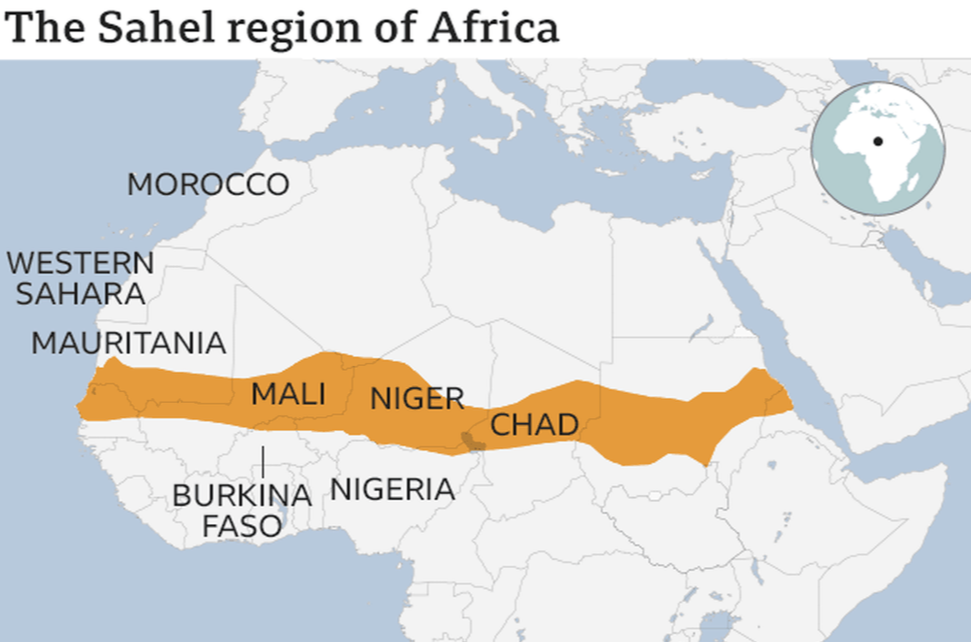
The Role of Russia and Growing Anti-Colonial Sentiment
Russia’s involvement in Niger and other parts of Africa has been growing steadily, capitalizing on the weakening influence of Western powers. In countries like Mali and Burkina Faso, coup leaders have increasingly looked to Russia as an alternative partner. This alignment is underscored by the use of anti-colonial rhetoric, which resonates with a population that harbors deep resentment towards centuries of Western exploitation. Pro-Russia sentiment is visible in the demonstrations following the coups, with protesters waving Russian flags and calling for an end to French military presence in the region.
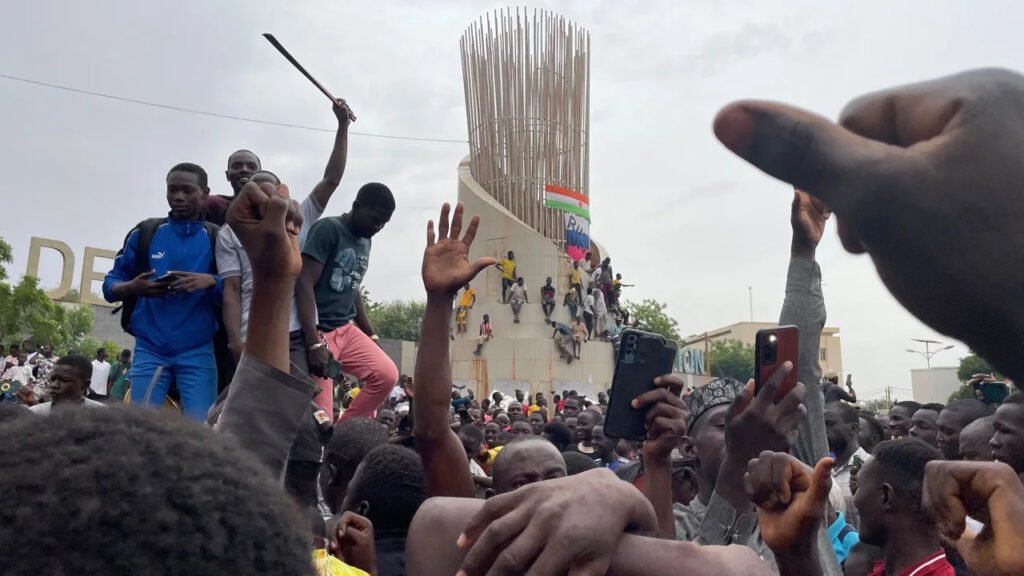
Russia’s strategy in Africa, however, is not purely ideological. While its economic investment remains relatively modest compared to China, Russia has gained influence by providing military assistance through the Wagner Group, a private military contractor. In return, Russia has secured valuable natural resources, including gold and mining contracts in countries like the Central African Republic. This arrangement has allowed Russia to establish a foothold in the region, offering support to regimes that are disillusioned with Western promises of democracy and development.
The Struggle for Independence and the Risk of Imperialist Rivalries
The rise of military rule in Niger and the broader Sahel region reflects the deep-seated frustration with Western intervention, which has often exacerbated poverty and instability rather than resolving it. French intervention in the region, particularly its involvement in military operations in Mali and its role in the 2011 NATO intervention in Libya, has been blamed for increasing the presence of Islamist groups and fueling widespread instability. French and American troops, despite their stated mission of counterterrorism, are viewed by many in the region as protectors of imperialist interests, rather than defenders of local populations.
The coup in Niger and the broader anti-French movements in West Africa demonstrate the desire among many Africans to free themselves from the legacy of colonialism. However, the turn towards Russia complicates the picture. While these new regimes use anti-colonial rhetoric, they have not broken away from capitalist exploitation, and Russia’s own involvement in Africa is far from altruistic. Russia, like its Western counterparts, is interested in access to raw materials, markets, and spheres of influence.
A New Phase in the Global Power Struggle
The coup in Niger and the subsequent regional unrest highlight the shifting balance of power in Africa. As Western imperialism, particularly French influence, wanes, new players like Russia are stepping in to fill the void. This development is part of a broader trend towards multipolarity, where the global order is increasingly defined by competition between multiple imperialist powers. The rise of China and Russia in Africa has been embraced by some as an opportunity to break free from Western domination. However, true liberation for the people of Africa can only be achieved through their own revolutionary movements, independent of imperialist powers, whether from the West or Russia.
The ongoing crisis in Niger and the broader Sahel underscores the deep-rooted challenges facing the region. As the world’s capitalist powers continue to vie for influence in Africa, the need for genuine, grassroots movements that prioritize the interests of the African masses is more urgent than ever.

